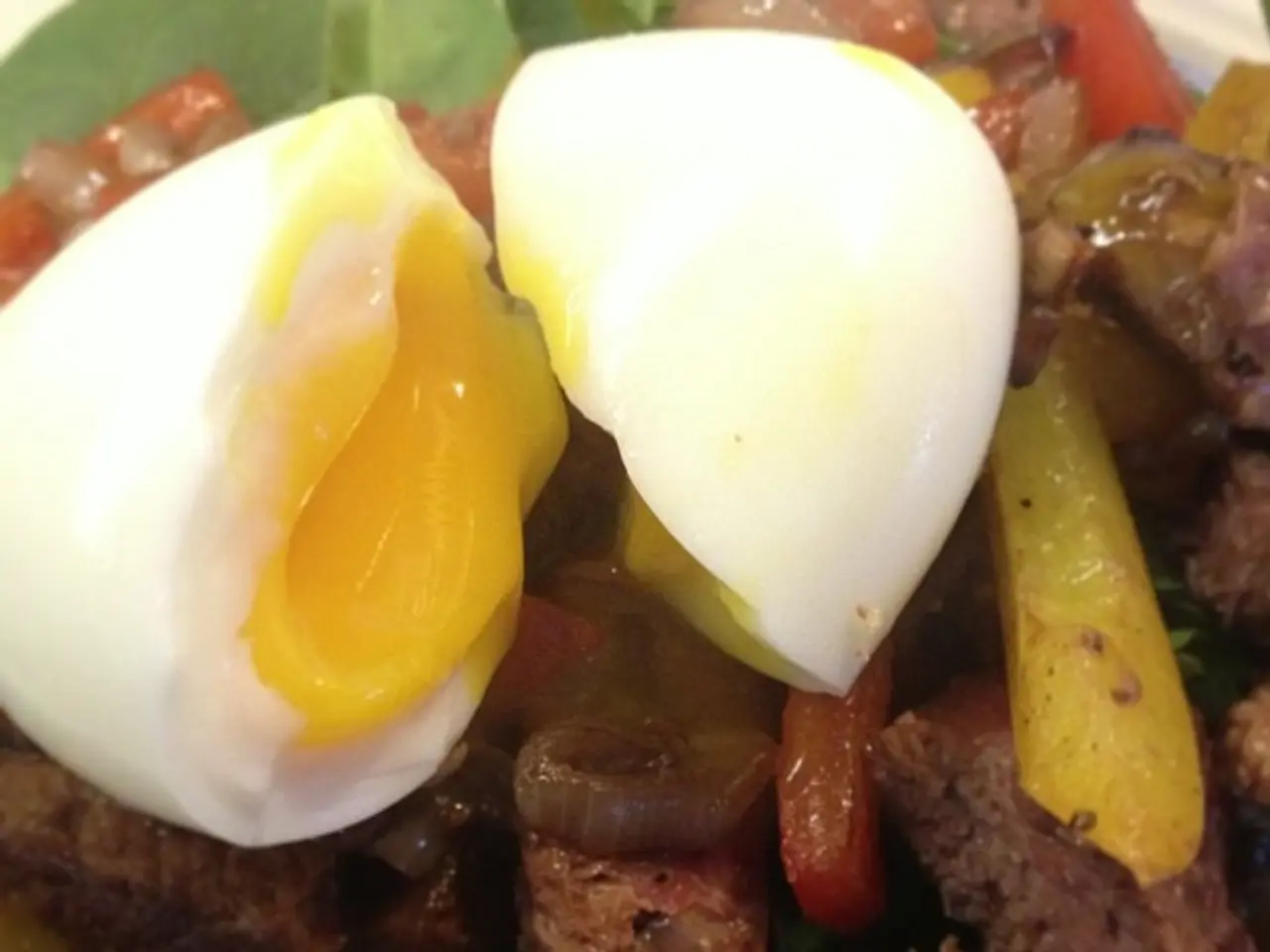Items to Avoid Cooking in a Microwave Oven
Microwave Safety Tips: A Guide to Safe Microwave Use
In the modern kitchen, the microwave has become an essential appliance. However, to ensure safe and efficient use, it's important to follow some guidelines. Here are some tips from CHOICE kitchen expert Fiona Mair to help you make the most of your microwave while avoiding potential hazards.
- Empty Microwave Use
Avoid running the microwave when it's empty. Doing so can cause damage to the appliance. Always make sure to have food or liquid inside before turning it on.
- Aluminum Foil Use
Small pieces of aluminum foil can be used to protect food in the microwave, but they should be used sparingly and not touch the microwave walls to prevent sparks and potential fires.
- Heating Liquids
Before heating water, tea, or any other liquid, always check the instruction manual first. Overheating or heating for too long can lead to scalding and splattering.
- High Water Content Foods
Foods with a high water content, such as potatoes, tomatoes, and citrus fruits, should be pierced before microwaving to allow steam to escape and prevent pressure buildup and explosions.
- Avoiding Unsafe Materials
Paper bags, plastic packaging, and Styrofoam should not be placed in the microwave as they can catch fire or release harmful chemicals. Similarly, some types of plastic wrap may not be microwave-safe, so use with caution.
- Breastmilk and Formula
Breastmilk or formula should not be warmed in the microwave due to uneven heating that can lead to hot spots and potential burns for babies.
- Avoiding Metals
Foil, metal, and metallic glazes should not be placed in the microwave as they can cause sparks and potential fires. Dishes with metallic glazes and parts, as well as metal utensils, are not suitable for microwave use.
- Microwave-Safe Containers
Not every glass or ceramic vessel is safe for microwave use. Only use containers that are specifically labeled as 'microwave-safe' to avoid dangerously hot or cracked containers.
- Whole Eggs
Whole eggs should not be microwaved due to the potential for a messy egg-splosion caused by rapid heating and pressure buildup.
- Reusable Coffee Cups and Travel Mugs
On the go, be careful with reusable coffee cups and travel mugs as they may contain stainless steel elements that are not microwave-safe.
By following these tips, you can enjoy the convenience of the microwave while ensuring a safe and efficient cooking experience. Happy microwaving!




